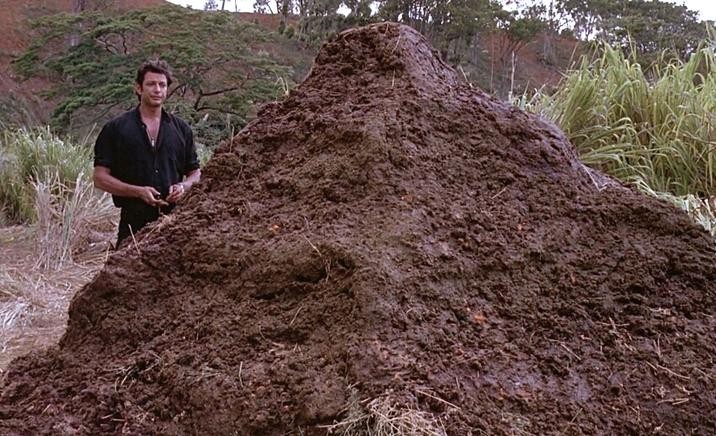Sergio
- 8 Posts
- 85 Comments

 2·1 day ago
2·1 day agoDude on a skateboard,
Congrats to me my aim scored
Make sure that fool ain’t late
For his date with The Lord
EMT’s on the way
But I reverse the journey
He showed up in the driver’s seat
But left on the gurney

 3·2 days ago
3·2 days agofuck yeah. what’s your favorite track? post a link to it on !juggalos.lemmy.world
https://www.youtube.com/playlist?list=OLAK5uy_nOz6LAQIcQC4RfeMpOcQ_OPFzmfGqljz4

 2·2 days ago
2·2 days agoyou should post that pic and clip to !juggalos@lemmy.world !

 3·2 days ago
3·2 days agothis is awesome fam, you should post it to !juggalos@lemmy.world !

 10·2 days ago
10·2 days agoThere’s only one way to be sure. You and your Bible study group must listen to their every single album.
That sounds an awful lot like “don’t do anything that might upset the Christians.”
FWIW I interpreted this as unironically uplifting, along the lines of “Where the Wild Things Are”.
That is one big pile of AI.


 3·3 days ago
3·3 days agoWe post a lot of Bandcamp links on !gothindustrial@lemmy.world because the free song streaming is great and a lot of bands are on there. Eventually they’ll enshittify and get rid of the free streaming or require a signin at which point I’ll move on to something else (dunno what?!)

 2·3 days ago
2·3 days agoAgreed. fwiw Bandcamp is currently kinda like that for their digital tracks tho it was bought out a couple years ago so will begin enshittifying any day now…

 323·4 days ago
323·4 days agoThis graph will live forever, in intro classes, as an example of how not to do things.
Today I learned that in Sweden, Donald Duck’s name is Karl “Kalle” Magnus Anka.
“Who will simp the Simpsons?” -Juvenal, probably
See, when I was in grad school I once had to calculate an agreement metric from a bunch of labels on a corpus. No problem I said, the math is easy, I can write a script in an hour or so. Fam that mfing script took me two freaking days bc there were always some little bugs or weird edge cases I hadn’t thought of. So the deal I made with myself was: I would use Matlab or a stats library or something like that, BUT I would make sure that I understood the math beforehand.
But for whatever reason, I never had to calculate a standard deviation. Thinking about it, someone else might have done that for papers I was co-author on, though.
I’ve worked as a scientist for around 10 years (and as a research programmer in various labs for 5-6 years before that) and have never done a standard deviation calculation.
“Do you love being a scientist? Or do you love the IDEA of being a scientist?” - something I’ve been thinking a lot about recently…

 63·12 days ago
63·12 days agowith a few simple changes, this coulda been Loss.






Have you taken a look at the plato.stanford.edu entry on such, specifically the bibliography?
https://plato.stanford.edu/entries/thought-experiment/#Bib
edit: